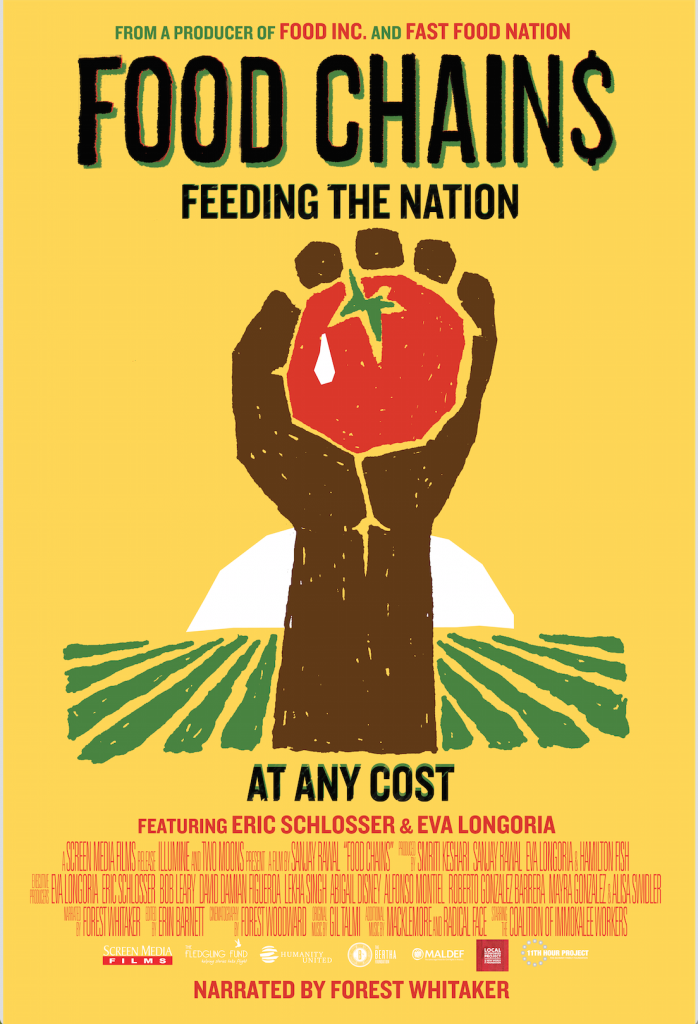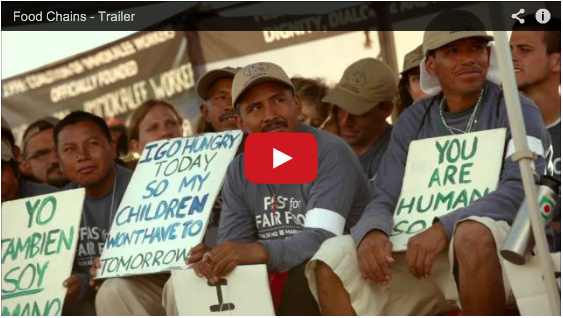From The Pen Of Vladimir Lenin -Leader Of The Russian October 1917 Revolution-Desperately Seeking Revolutionary Intellectuals-Now, And Then
http://www.marxists.org/archive/lenin/
Markin comment from the American Left History blog:
DVD REVIEW
LENIN-VOICE OF THE REVOLUTION, A&E PRODUCTION, 2005
Every militant who wants to fight for socialism, or put the fight for socialism back on the front burner, needs tocome to terms with the legacy of Vladimir Lenin and his impact on 20th century revolutionary thought. Every radical who believes that society can be changed by just a few adjustments needs to address this question as well in order to understand the limits of such a position. Thus, it is necessary for any politically literate person of this new generation to go through the arguments both politically and organizationally associated with Lenin’s name. Before delving into his works a review of his life and times would help to orient those unfamiliar with the period. Obviously the best way to do this is read one of the many biographies about him. There is not dearth of such biographies although they overwhelmingly tend to be hostile. But so be it. For those who prefer a quick snapshot view of his life this documentary, although much, much too simply is an adequate sketch of the highlights of his life. It is worth an hour of your time, in any case.
The film goes through Lenin's early childhood, the key role that the execution of older brother Alexander for an assassination attempt on the Czar played in driving him to revolution, his early involvement in the revolutionary socialist movement, his imprisonment and various internal and external exiles, his role in the 1905 Revolution, his role in the 1917 Revolution, his consolidation of power through the Bolshevik Party and his untimely death in 1924. An added feature, as is usual in these kinds of films, is the use of ‘talking heads’ who periodically explain what it all meant. I would caution those who are unfamiliar with the history of the anti-Bolshevik movement that three of the commentators, Adam Ulam, Richard Daniels and Robert Conquest were ‘stars’ of that movement at the height of the anti-Soviet Cold War. I would also add that nothing presented in this biography, despite the alleged additional materials available with the‘opening’ of the Soviet files, that has not been familiar for a long time.
************Desperately Seeking Revolutionary Intellectuals-Now, And Then
Commentary
No, this is not a Personals section ad, although it qualifies as a Help Wanted ad in a sense. On a number of occasions over past several years, in reviewing books especially those by James P. Cannon the founder of The Socialist Workers Party in America, I have mentioned that building off of the work of the classical Marxists, including that of Marx and Engels themselves, and later that of Lenin and Trotsky the critical problem before the international working class in the early part of the 20th century was the question of creating a revolutionary leadership to lead imminent uprisings. Armed with Lenin’s work on the theory of the imperialist nature of the epoch and the party question and Trotsky’s on the questions of permanent revolution and revolutionary timing the tasks for revolutionaries were more than adequately defined.
The conclusion that I drew from that observation was that the revolutionary socialist movement was not as desperately in need of theoreticians and intellectuals as previously (although having them is always a good thing). It needed leaders steeped in those theories and with a capacity to lead revolutions. We needed a few good day-to-day practical leaders to lead the fight for state power.
In that regard I have always held up, for the early part of the 20th century, the name Karl Liebknecht the martyred German Communist co-leader (along with Rosa Luxemburg) of the aborted Spartacist uprising of 1919 as such an example. In contrast the subsequent leadership of the German Communists in the 1920’s Paul Levi, Henrich Brandler and Ernest Thaelmann did not meet those qualifications. For later periods I have held up the name James P. Cannon, founder of the American Socialist Workers Party (to name only the organization that he was most closely associated with), as a model. That basically carries us to somewhere around the middle of the 20th century. Since I have spend a fair amount of time lately going back to try to draw the lessons of our movement I have also had occasion to think, or rather to rethink my original argument on the need for revolutionary intellectuals. That position stands in need of some amendment now.
Let’s be clear here about our needs. The traditional Marxist idea that in order to break the logjam impeding humankind’s development the international working class must rule is still on the historic agenda. The Leninist notions that, since the early part of the 20th century, we have been in the imperialist era and that a ‘hard’ cadre revolutionary party is necessary to take state power are also in play. Moreover, the Trotskyist understanding that in countries of belated development the working class is the only agency objectively capable of leading those societies to the tasks traditionally associated with the bourgeois revolution continues to hold true. That said, we are seriously in need of revolutionary intellectuals who can bring these understandings into the 21st century.
It is almost a political truism that each generation will find its own ways to cope with the political tasks that confront it. The international working class movement is no exception in that regard. Moreover, although the general outlines of Marxist theory mentioned above hold true such tasks as the updating of the theory of imperialism to take into account the qualitative leap in its globalization is necessary (as is, as an adjunct to that, the significance of the gigantic increases in the size of the ‘third world’ proletariat). Also in need of freshening up is work on the contours of revolutionary political organization in the age of high speed communications, the increased weight that non-working class specific questions play in world politics (the national question, religion, special racial and gender oppressions) and various other tasks that earlier generations had taken for granted or had not needed to consider. All this moreover has to be done in a political environment that sees Marxism, communism, even garden variety reform socialism as failed experiments. To address all the foregoing issues is where my call for a new crop of revolutionary intellectuals comes from.
Since the mid- 20th century we have had no lack of practical revolutionary leaders of one sort or another - one thinks of Fidel Castro, Che Guevara and even Mao in his less rabid moments. We have witnessed any number of national liberation struggles, a few attempts at political revolution against Stalinism, a few military victories against imperialism, notably the Vietnamese struggle. But mainly this has been an epoch of defeats for the international working class. Moreover, we have not even come close to developing theoretical leaders of the statue of Lenin or Trotsky.
As a case in point, recently I made some commentary about the theory of student power in the 1960’s and its eventual refutation by the May 1968 General Strike lead by the working class in France. One of the leading lights for the idea that students were the ‘new’ working class or a ‘new’ vanguard was one Ernest Mandel. Mandel held himself out to be an orthodox Marxist (and Trotskyist, to boot) but that did not stop him from, periodically, perhaps daily, changing the focus of his work away from the idea of the centrality of the working class in social struggle an ideas that goes back to the days of Marx himself.
And Mandel, a brilliant well-spoken erudite scholar probably was not the worst of the lot. The problem is that he was the problem with his impressionistic theories based on , frankly, opportunistic impulses. Another example, from that same period, was the idea of Professor Regis Debray ( in the service of Fidel at the time ) that guerrilla foci out in the hills were the way forward ( a codification of the experience of the Cuban Revolution for which many subjective revolutionary paid dearly with their lives). Or the anti-Marxist Maoist notion that the countryside would defeat the cities that flamed the imagination of many Western radicals in the late 1960’s. I could go on with more examples but they only lead to one conclusion- we are, among other things, in a theoretical trough. This, my friends, is why today I have my Help Wanted sign out. Any takers?



 Please click here to join in the Raise Up Campaign
by volunteering for a shift making calls or reaching out to your friends,
neighbors, and family in support of
Please click here to join in the Raise Up Campaign
by volunteering for a shift making calls or reaching out to your friends,
neighbors, and family in support of 















